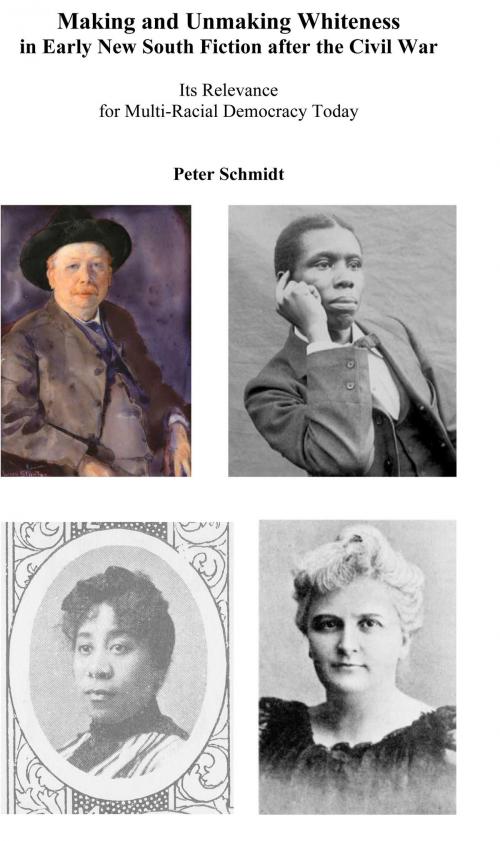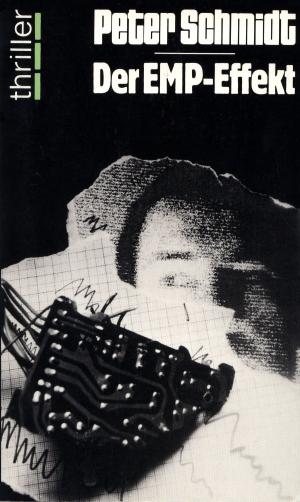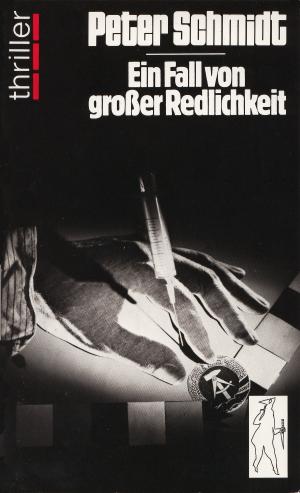Making and Unmaking Whiteness in Early New South Fiction After the Civil War
Fiction & Literature, Essays & Letters, Essays| Author: | Peter Schmidt | ISBN: | 9781476497068 |
| Publisher: | Peter Schmidt | Publication: | June 6, 2012 |
| Imprint: | Smashwords Edition | Language: | English |
| Author: | Peter Schmidt |
| ISBN: | 9781476497068 |
| Publisher: | Peter Schmidt |
| Publication: | June 6, 2012 |
| Imprint: | Smashwords Edition |
| Language: | English |
This essay—a work of literary criticism and critical race studies written to be accessible to non-specialists—examines how popular fiction contributed to and contested new forms of white racial dominance, collectively known as Jim Crow or the “color-line,” in the U.S. in the 1880s and after. I focus in particular on the cultural work undertaken by the “command performance” scene in these texts, in which a black person was asked to tell a story or otherwise give a performance that was supposed to affirm the affection and respect “good” blacks held for whites. Yet what begins to emerge again and again in such “command performance” scenes, even sometimes against the author’s efforts to downplay them, are suggestions of coercion, duplicity, and instability in power hierarchies and racial identities. White supremacy is demonstrably not a given here; it is imperfectly produced, or at least reaffirmed under stress, in a way that locally conditions any power that whiteness may claim. And if a white person’s sense of entitlement was so dependent upon the performance of another, to what degree could such a sense of self be threatened or even unmade in such encounters?
Making and Unmaking Whiteness surveys a broad range of black and white authors but gives special attention to the fictions of four—Joel Chandler Harris, Paul Laurence Dunbar, Kate Chopin, and Pauline Hopkins—who in the early Jim Crow era both dissected the contradictions in white supremacy and imagined alternatives.
This essay—a work of literary criticism and critical race studies written to be accessible to non-specialists—examines how popular fiction contributed to and contested new forms of white racial dominance, collectively known as Jim Crow or the “color-line,” in the U.S. in the 1880s and after. I focus in particular on the cultural work undertaken by the “command performance” scene in these texts, in which a black person was asked to tell a story or otherwise give a performance that was supposed to affirm the affection and respect “good” blacks held for whites. Yet what begins to emerge again and again in such “command performance” scenes, even sometimes against the author’s efforts to downplay them, are suggestions of coercion, duplicity, and instability in power hierarchies and racial identities. White supremacy is demonstrably not a given here; it is imperfectly produced, or at least reaffirmed under stress, in a way that locally conditions any power that whiteness may claim. And if a white person’s sense of entitlement was so dependent upon the performance of another, to what degree could such a sense of self be threatened or even unmade in such encounters?
Making and Unmaking Whiteness surveys a broad range of black and white authors but gives special attention to the fictions of four—Joel Chandler Harris, Paul Laurence Dunbar, Kate Chopin, and Pauline Hopkins—who in the early Jim Crow era both dissected the contradictions in white supremacy and imagined alternatives.















